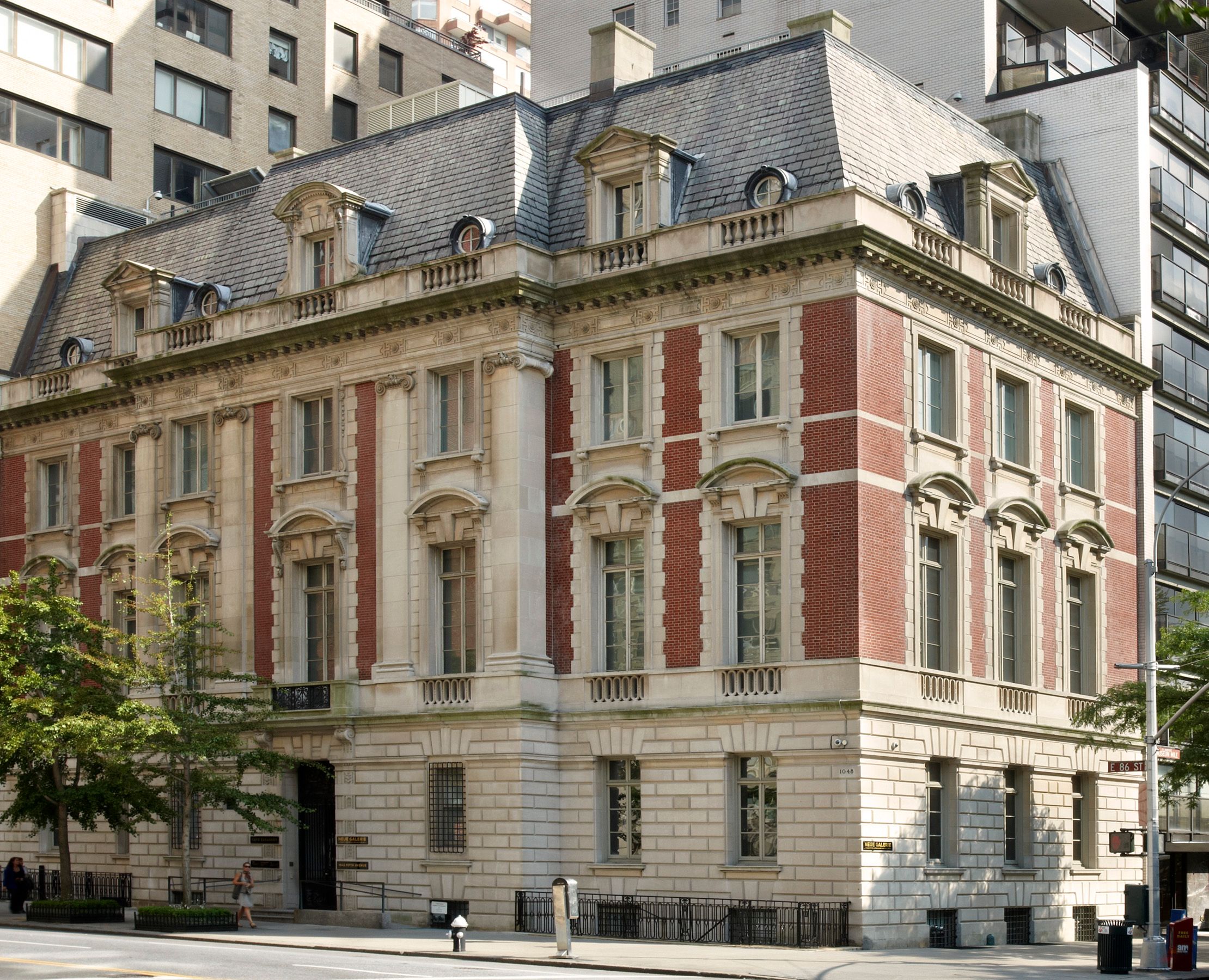We’re counting down to the Archtober Festival!
Start exploring October events here.
Shop
Take home a piece of the festival


Presented by Elizabeth Otto, Professor of Modern and Contemporary Art History, State University of New York at Buffalo
The standard narrative holds that in 1933 the Bauhaus was shut down by the Nazis and its members were driven into exile or silenced. However, this version of history obscures a more complex reality. In this talk, Elizabeth Otto explores members of the Bauhaus—among them prominent figures like Walter Gropius, Mies van der Rohe, and Ernst Neufert—who remained in Germany and continued to work within the changing political landscape. Rather than telling a story of simple opposition or support, Otto highlights how Bauhaus architects, artists, and designers navigated a period of extreme pressure and control. Some aligned their work with state projects, while others sought more subtle ways to maintain creative freedom or express dissent.